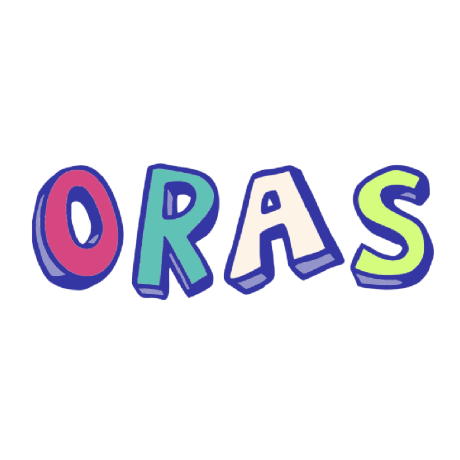ORAS (OCI Registry As Storage) is an important tool out there for working with OCI artifacts and OCI registries. As one of the users and advocates of ORAS, I witnessed the growing trend in both user adoption and contributions in 2022. In this blog post I will share an end-to-end scenario with OPA Gatekeeper policies and ORAS, from including the steps from bundling to deployment.
Policies are rules expressed in YAML that not only afford meeting governance requirements, but also improve the security of Kubernetes workloads and clusters. Policy engines like OPA Gatekeeper, Kyverno or even the new Kubernetes's Validating Admission Policies feature help write and enforce such policies. Once the policies are written, however, how do we easily and securely share them with different projects and teams? How do we deploy them across the fleet of clusters? How do we evaluate them as early as possible in CI/CD pipelines?






